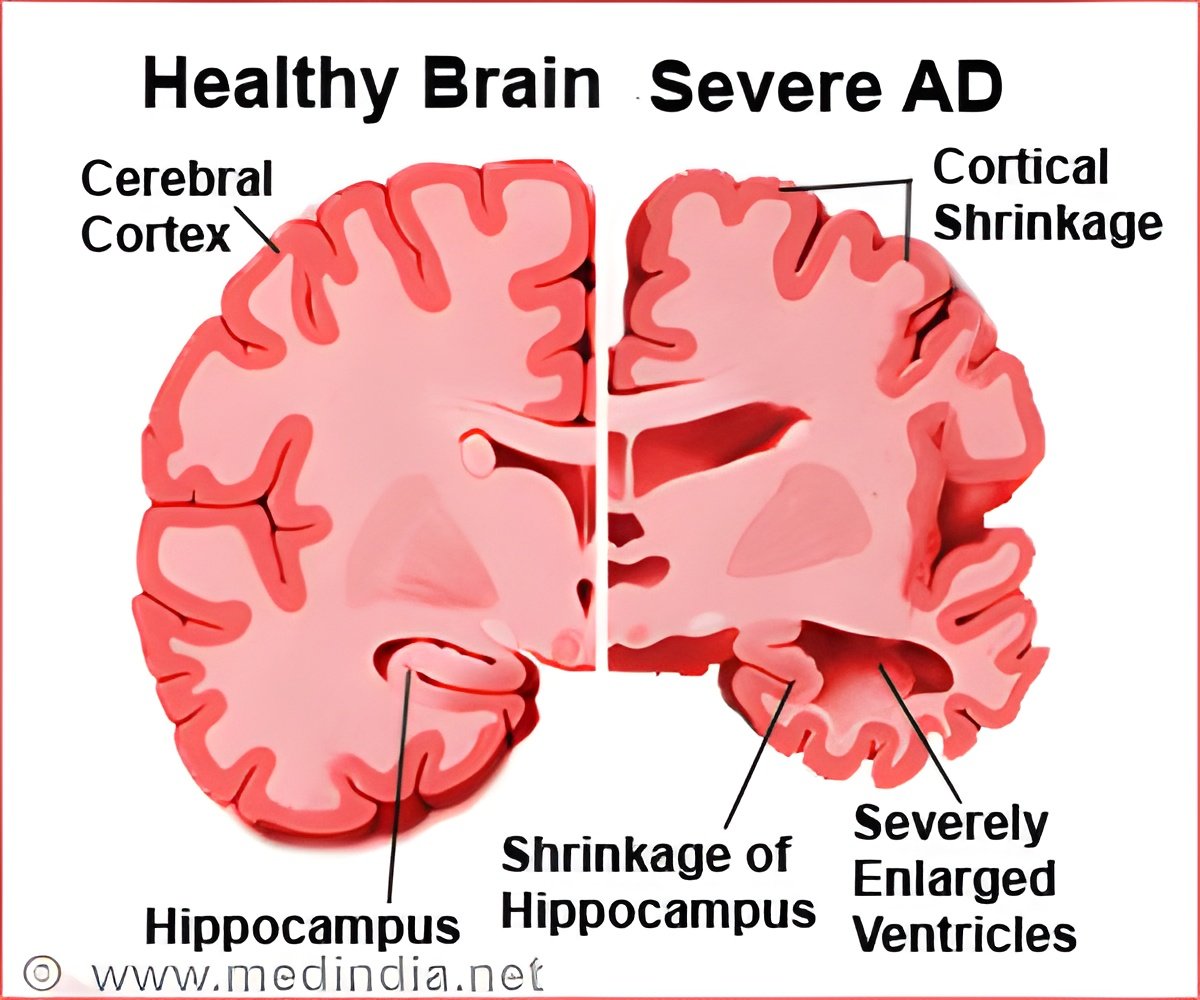Milk proteins changed structurally when heated briefly to around 140 °C causing gel formation, similar to those found in the brain of Alzheimer’s patients.

TOP INSIGHT
Two unrelated proteins aggregate in UHT milk over a period of months to form clusters called amyloid fibrils which are found in plaque deposits in cases of Alzheimer's and Parkinson's.
He said the same type of protein clusters are found in plaque deposits in cases of Alzheimer's and Parkinson's. "Parkinson's, dementia and type 2 diabetes are big problems for the ageing population in Australia and many other countries around the world," said Professor Carver from the ANU Research School of Chemistry.
"Our interest in milk proteins led to a discovery of the reason for this gelling phenomenon occurring in aged UHT milk. The research does not suggest UHT milk can cause these age-related diseases."
Professor Carver said milk proteins changed structurally when heated briefly to around 140 degrees to produce UHT milk, causing the gelling phenomenon with long-term storage. He said normal pasteurised milk did not form amyloid fibrils.
Source-Eurekalert
 MEDINDIA
MEDINDIA




 Email
Email










